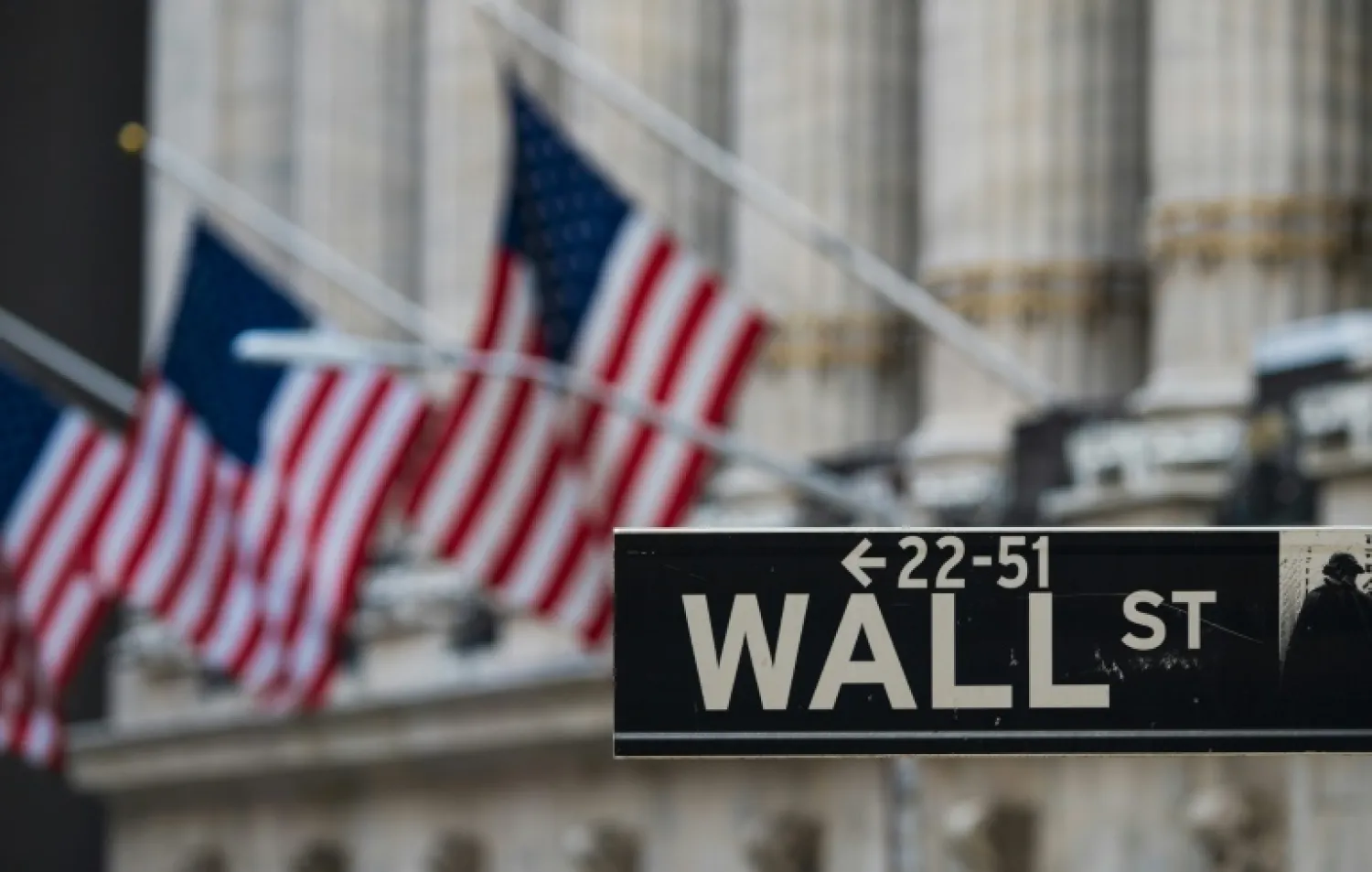Wall Street stocks tumbled and oil prices surged Friday as White House warnings of a possibly imminent Russian invasion of Ukraine reverberated through financial markets.
Markets lurched during a briefing by US National Security Advisor Jake Sullivan, who said a Russian invasion could "begin at any time," including during the Beijing Winter Olympics, AFP said.
"If a Russian attack on Ukraine proceeds, it is likely to begin with aerial bombing and missile attacks that could obviously kill civilians," Sullivan said. "Any American in Ukraine should leave as soon as possible, and in any event in the next 24 to 48 hours."
Investors had become less worried about an imminent invasion of Ukraine in recent days following Western diplomacy with Russian President Vladimir Putin.
But stocks tumbled after Sullivan's remarks, with the S&P 500 ultimately losing 1.9 percent.
Analysts said the sell-off was likely heightened by the timing just before the weekend, with investors shifting into a "risk-off" mode to reduce their exposure for the two days when there is no trading.
"The Russia-Ukraine tensions have hovered over already shaky investor sentiment," said John Lynch, chief investment officer for Comerica Wealth Management. "Investors have been counting on a diplomatic resolution, but recent developments indicate this may be wishful thinking and therefore, not fully priced into the markets."
Most industrial sectors finished lower on Wall Street following the midday White House announcement.
An exception was energy, with oil giants Chevron and ExxonMobil winning more than two percent as crude prices jumped on worries that stiff sanctions on Russia could prompt the country, a major crude and natural gas exporter, to curtail investment or weaponize their energy assets.
Shares of weapons makers also moved higher, including Lockheed Martin, which gained 2.8 percent and Northrop Grumman, which rose 4.5 percent.
Earlier in Europe, London equities slid after economic data pointed to a December slowdown amid the Omicron variant of Covid-19.
The UK economy grew by a record 7.5 percent last year to rebound from the pandemic crash, but shrank by a modest 0.2 percent in the final month, official data showed.
In the eurozone, Frankfurt and Paris stocks banked lower, mirroring Asia after overnight Wall Street losses.
- Key figures around 2150 GMT -
New York - Dow: DOWN 1.4 percent at 34,738.06 (close)
New York - S&P 500: DOWN 1.9 percent at 4,418.64 (close)
New York - Nasdaq: DOWN 2.8 percent at 13,791.15 (close)
London - FTSE 100: DOWN 0.2 percent at 7,661.02 (close)
Frankfurt - DAX: DOWN 0.4 percent at 15,425.12 (close)
Paris - CAC 40: DOWN 1.3 percent at 7,011.60 (close)
EURO STOXX 50: DOWN 1.0 percent at 4,153.23 (close)
Hong Kong - Hang Seng Index: DOWN 0.1 percent at 24,906.66 (close)
Shanghai - Composite: DOWN 0.7 percent at 3,462.95 (close)
Tokyo - Nikkei 225: Closed for a holiday
Euro/dollar: DOWN at $1.1351 from $1.1428 late Thursday
Pound/dollar: UP at $1.3564 from $1.3557
Euro/pound: DOWN at 83.64 pence from 84.29 pence
Dollar/yen: DOWN at 115.48 yen from 116.01 yen
Brent North Sea crude: UP 3.3 percent at $94.44 per barrel
West Texas Intermediate: UP 3.6 percent at $93.10 per barrel









